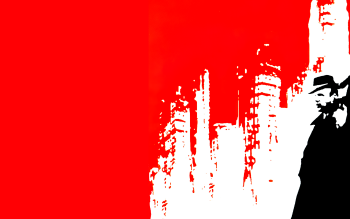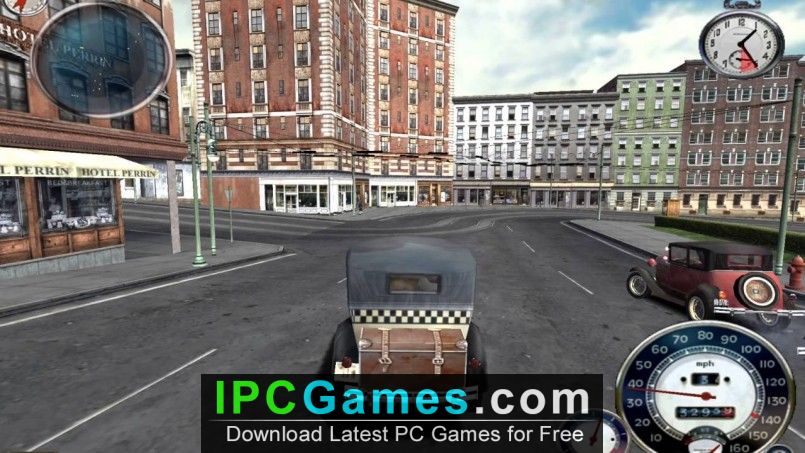
#MAFIA THE CITY OF LOST HEAVEN SERIES#
Instead, for now at least, the series remains stuck in the past. This sort of precedent makes it exciting to imagine Hangar 13 exploring a mafia or crime story that isn’t bound to aged material-to think of what the studio could do with a story that acknowledges where the genre has gone over the last 18 years and that looks to contemporary American society for inspiration as to the themes it wants to explore. It felt like more than another crime game. In III, we see a different, more relevant version of the mob story, one that looked not to Coppola and Scorsese movies, but to ’60s and ’70s Blaxploitation films as inspiration for a crime game about the tragic proximity of decades-old systemic racism to the modern day. In light of this, even a gussied-up version of Mafia feels archaic and tired-yet another mob story in the post- Godfather mold, set apart mostly by its almost total lack of interest in women as characters, its cartoonish wise guy voice acting, and its devotion to replicating genre tropes without either skepticism or much of any insight.īarring remakes and remasters, the most recent Mafia game to come from Definitive Edition developer Hangar 13 is 2016’s Mafia III-the story of a Black Vietnam veteran who returns to his home in a fictionalized version of 1960s Louisiana to take revenge on rival mobsters and, along the way, try to dismantle the white supremacist systems that control his city. Even the era Mafia is set within-the United States’ volatile 1930s-has been explored in depth over seasons of Boardwalk Empire and in movies like Michael Mann’s Public Enemies. Martin Scorsese seemingly bid farewell to the genre with last year’s The Irishman, a sprawling send-off that used the life of Bufalino family and Jimmy Hoffa associate Frank Sheeran as the framework for a powerful (and powerfully depressing) look at American crime, politics, and masculinity.

We’ve seen crime movies like Ridley Scott’s American Gangster and Nicolas Winding Refn’s Bronson explore the effects of the drug war and economic disenfranchisement and the drive to violence itself.


We’ve seen The Sopranos end, wrapping up a landmark examination of the mafia through the stacked lenses of class, race, sexuality, and turn of the millennium American culture. In the time since the original’s release, the genre has changed enormously. While revisiting the welcomingly straightforward, fluff-free mission design of a 2002 open world game is enjoyable, the 2020 Mafia can’t overcome the fact that it’s ultimately a mobster game that replicates a plot first written nearly two decades ago.


 0 kommentar(er)
0 kommentar(er)
